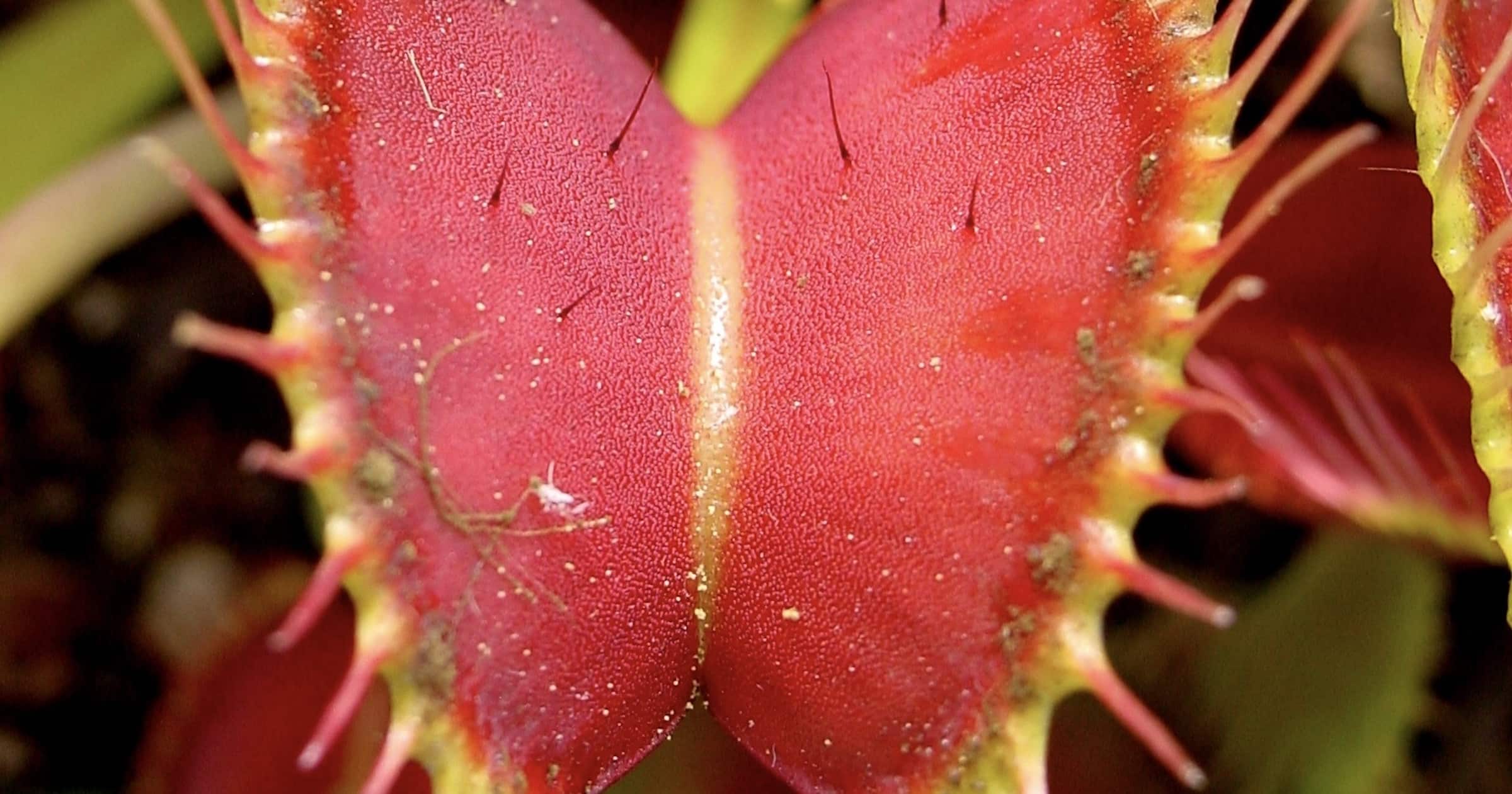 Evolution
Evolution
 Life Sciences
Life Sciences
 Neuroscience & Mind
Neuroscience & Mind
Plant Consciousness and the Darwinian Project

Philosopher Massimo Pigliucci, who seems to be an old-fashioned materialist, is sounding a warning note at Skeptical Inquirer about the current claims that plants are conscious.
In part, his background as a plant biologist drives his concern about claims for “plant neurobiology” and so forth:
In 2006, E.D. Brenner and colleagues published a controversial article in the mainstream journal Trends in Plant Science titled “Plant Neurobiology: An Integrated View of Plant Signaling.” Ever since then, the idea that “plants think and feel” has been a small cottage industry that has, predictably, spilled over into general public discourse through podcasts, YouTube videos, and the like.
I am a plant biologist by training and have carried out research that some of my colleagues considered controversial on phenomena such as phenotypic plasticity (the ability of organisms of the same genotype to produce different phenotypes in response to distinct environmental stimuli) and epigenetics (the phenomenon that shows that evolutionarily relevant inheritance is not limited to genes). So this isn’t an instance of a conservative scientist set in his ways defending the orthodoxy — at least, I hope not!
MASSIMO PIGLIUCCI, “ARE PLANTS CONSCIOUS?”, SKEPTICAL INQUIRER, SEPTEMBER/OCTOBER 2024
He makes good points about the problems with the evidence. For example,
One of the big names in the field of so-called plant neuroscience is Monica Gagliano, who made a splash with the publication in 2016 of a paper in which she appeared to have demonstrated Pavlov-type classical conditioning in pea plants (Gagliano et al. 2016). You will not be surprised to learn that an attempt to replicate the results by K. Markel (2020) failed — suggesting, again, experimental artifacts as the real cause.
Gagliano upped the ante in 2017 by claiming that plants have full-fledged consciousness …
There is absolutely no evidence of this. As far as we can tell, plants don’t have value systems, do not experience feelings, and have no motivations.
PIGLIUCCI, “CONSCIOUS?”
The trouble is, Pigliucci doesn’t seem to grasp the nature of the underlying forces that will result in more and more such claims surfacing in science journals and other media.
The Underlying Impetus
The Darwinian project has largely failed to debunk human consciousness. And not for lack of trying. One of the most prominent Western world philosophers, philosopher of neuroscience Patricia Churchland, dedicated her career to eliminative materialism — showing that human consciousness is just folk psychology randomly buzzing around a fully material state. Other theorists call it “folk intuitions,” “brain fairies,” and, of course, an evolved illusion.
But a moment’s thought (thought?) shows it’s all nonsense. Our consciousness is the most real thing about us and it lacks a material explanation. So the project to fully Darwinize humanity has failed and will continue to fail. Because it isn’t true to nature.
Furthermore, as philosopher Edward Feser notes, it is a snake that eats its own tail: “Since science is as laden with intentionality as anything else, you will have to eliminate the very science in the name of which you are carrying out the elimination; and since philosophy (including eliminative materialist philosophy) is also as laden with intentionality as anything else, you will also have to eliminate eliminativism.”
In short, what is a university press Darwinist doing with an opinion anyway? Didn’t he debunk all that three chapters ago? Actual opinions are for people who believe that the mind is real.
An Unforced Error
But now suppose the fact that human consciousness is unique in the natural world — and does not appear to have an evolutionary history — were simply conceded. Claims for the consciousness/cognition/intelligence of plants, bacteria, and glaciers could be addressed on the basis of evidence (or, probably in most cases, lack thereof).
But, for many in science, the assertion that all phenomena — human consciousness included — are physical and ultimately reducible to matter is fundamental and non-negotiable. It’s not a matter of evidence really but of conviction.
And that has opened a Pandora’s Box of claims about consciousness in all life forms. After all, if human consciousness can be explained away, then humans are not exceptional. Thus, plants could easily have that sort of consciousness too. It may even be seen as a form of environmental justice to suppose so.
Pigliucci gives no sense of understanding the dynamics at work here:
Ironically, they accuse mainstream scientists of being animal chauvinists, while in fact it is they who blatantly anthropomorphize plants. And they claim their approach will lead to more concern for biodiversity. But do we need to project ourselves onto other living organisms to care about the environment? Do we want to do so at the expense of sound science?
PIGLIUCCI, “CONSCIOUS?”
But he and his cohort may no longer be in charge of deciding what “sound science” is. That change entails many others and not all developments will be positive, to say the least.
But the forces Darwinism unleashed were surely bound to head in this direction. It was only a matter of time.
Cross-posted at Mind Matters News.
